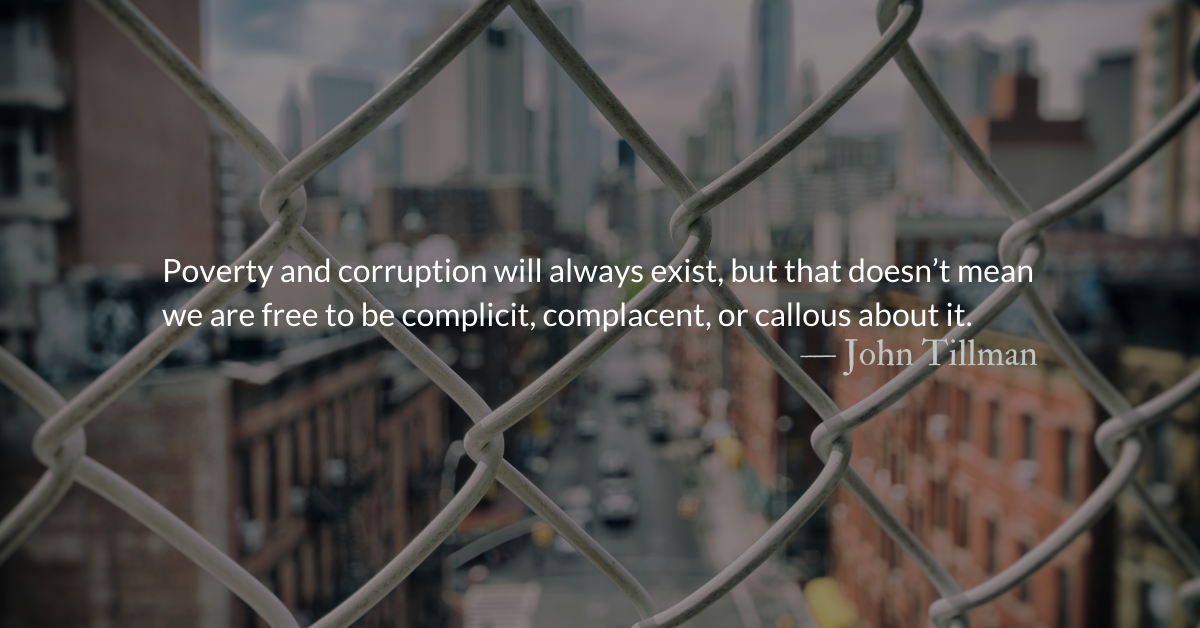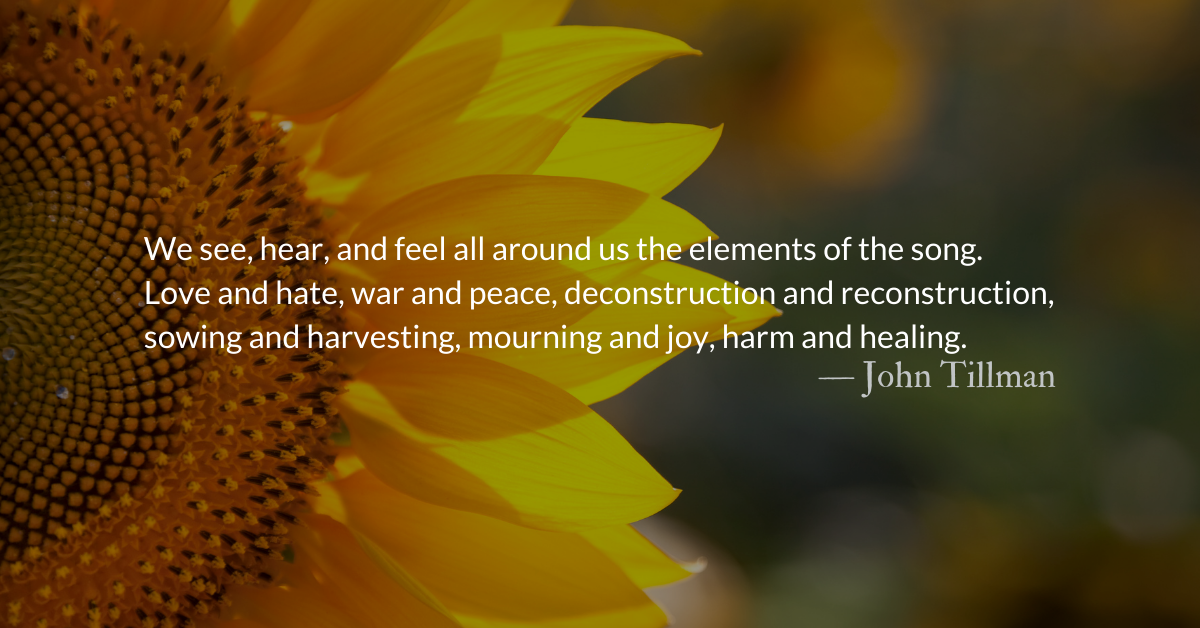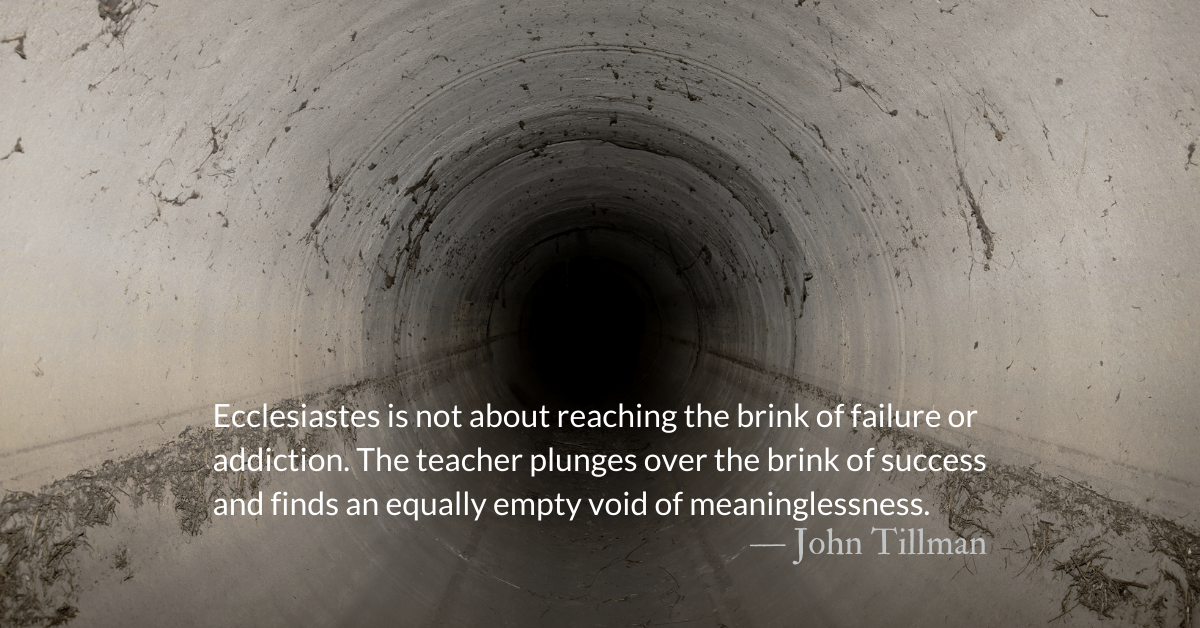Scripture Focus: Ecclesiastes 6.9
9 Better what the eye sees
than the roving of the appetite.
This too is meaningless,
a chasing after the wind.
Reflection: Appetite for Distraction
By John Tillman
Distraction has a meme. Of course it does.
The “Distracted Boyfriend” meme started out as a normal photoshoot. Photographer, Antonio Guillem, typically supplies images to iStock and other photo platforms. He set out one day in 2015 to take some images around the concept of infidelity using models he often collaborated with. They took many different images of the stages of a relationship slipping into infidelity but one image caught the imagination of the Internet. The male subject, walking with his girlfriend, looks back at another woman in a red dress. The man has an openly lustful gaze and the girlfriend an open-mouthed look of shock and disgust.
Creative people on the Internet started labeling the image to discuss distraction or abandoning one’s first love. By way of example, historically-minded meme creators made a series with the first image showing the man as Henry VIII, the woman in red as Anne Boleyn, and the offended girlfriend as Katherine of Aragorn. Successive images rotated the women through the cycle with Anne Boleyn being the girlfriend and Jane Seymore being the woman in red, then continuing through with Anne of Cleves, Katherine Howard, and Katherine Parr.
But the meme was rarely about sexual infidelity. Most of the time the people were labeled not as people but as things. A popular version labels the woman in the red dress as “new project” and the offended girlfriend as “all my unfinished projects.”
This meme struck a chord because we all recognize something universal within ourselves. We long for more. This makes us susceptible to temptation, distraction, dissatisfaction, and infidelity. Our eyes lead us astray when our hearts are not settled.
The teacher of Ecclesiastes knows something about distraction and temptation. He purposely tested himself in every area imaginable. The conclusion is that being satisfied with “what the eye sees” is better than having a “roving appetite.”
Our roving appetites, whether for sex, money, or power, will lead us to distraction before destruction. We need to have a settled eye, looking upon things that have true value, not upon the distractions of this world. With our eyes on the treasure in the field, we won’t invest in wickedness. With our eyes on the pearl of great price, no costume jewelry will suffice. With our eyes fixed on Jesus, we can let the world be offended that we would disdain its affections.
Divine Hours Prayer: A Reading
Jesus taught the people, saying: “Now sentence is being passed on this world; now the prince of the world is to be driven out. And when I am lifted up from the earth, I shall draw all people to myself.” — John 12.31-32
– From The Divine Hours: Prayers for Springtime by Phyllis Tickle.
Today’s Readings
Ecclesiastes 6 (Listen – 1:44)
Psalm 108-109 (Listen – 3:08)
This Weekend’s Readings
Ecclesiastes 7 (Listen – 3:37) Psalm 110-111 (Listen – 1:57)
Ecclesiastes 8 (Listen – 2:41) Psalm 112-113 (Listen – 1:49)
Read more about Wisdom in Houses of Mourning
We limited Jesus, the Bible, and prayer, to “when we have time” as if time was the issue and not our heart.
Read more about Our Opportunistic Opponent
It is unwise to make too much of Satan…It is unwise to make too little of Satan.











